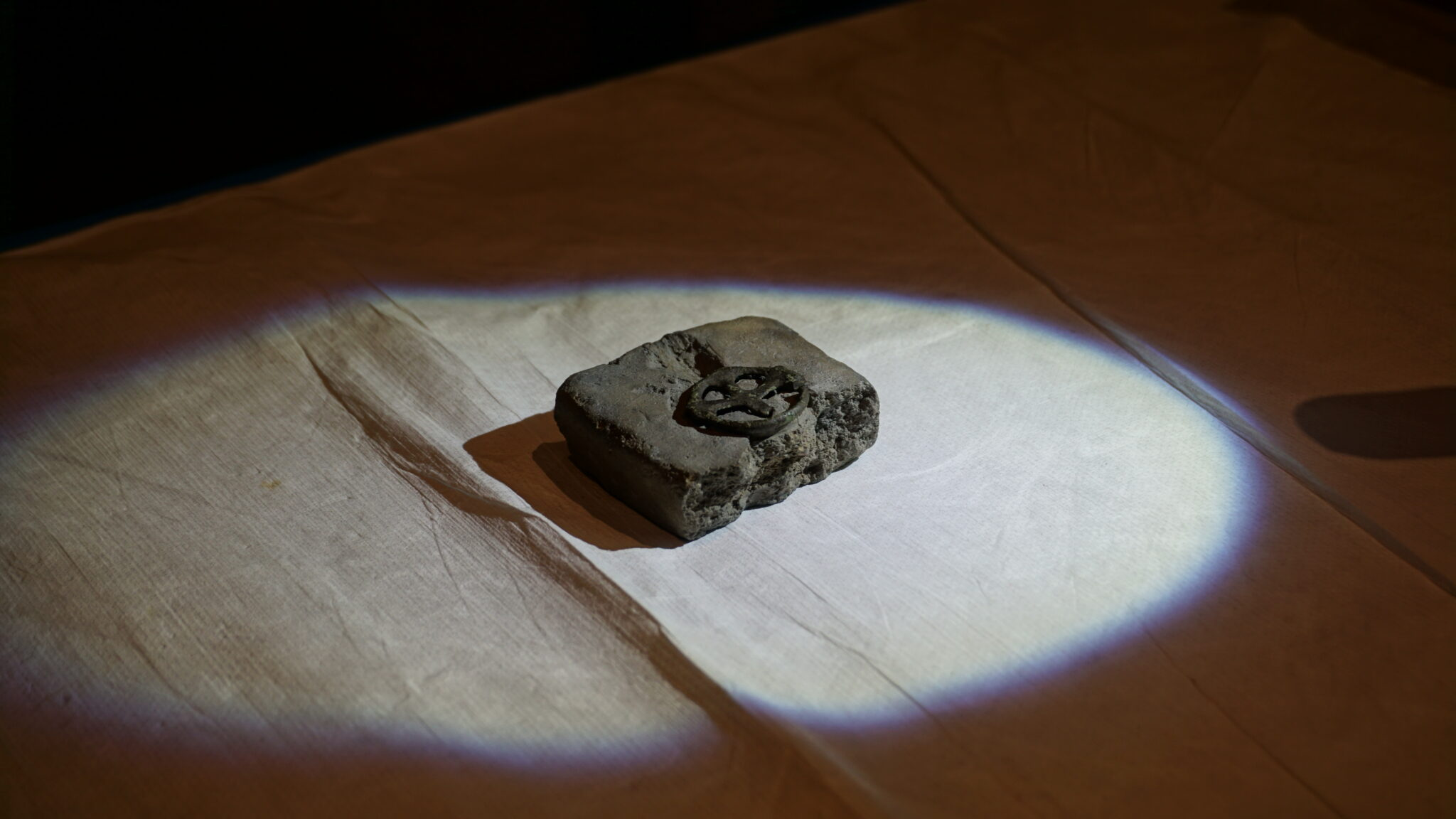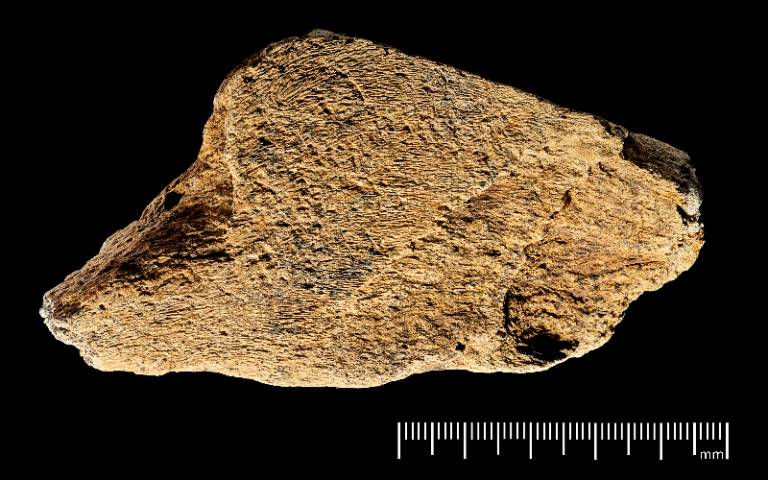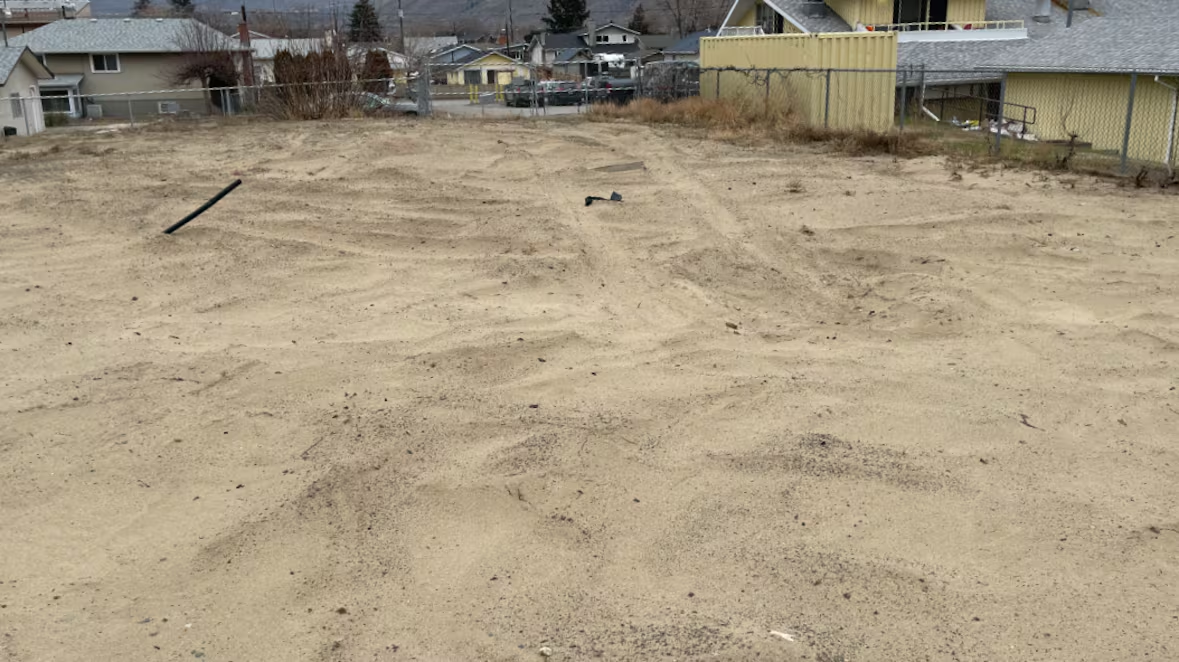In Ancient Greece, naming a child followed traditions and customs quite different from those of modern society. The concept of a “godparent” as we understand it today did not exist, but there were specific naming conventions and rituals that varied by time period and region.
Naming Traditions in Ancient Greece
Unlike today, names in Ancient Greece were not as diverse, with many being passed down within families. Children were often named after ancestors or deities revered by their parents. It was common for a father’s name to be given to his son, or for names to reflect the gods or heroes whom the family honored. For example, names like "Apollo," "Athena," or "Achilles" were widely used, reflecting a hoped-for divine blessing or heroic connection.
One distinctive feature of ancient Greek naming was the practice of adding the father’s name as an identifier, similar to a surname. For instance, Alexander the Macedonian was often referred to as "Alexander, son of Philip," emphasizing lineage and heritage.
Naming Ceremonies and Social Recognition
In cities like Athens, names were officially given to children during a public ceremony, typically when the child was seven or ten days old. This ritual, often linked to religious traditions, marked the child’s formal introduction into society.
Though there was no direct equivalent to the modern godparent, there were individuals who took on religious or social responsibilities for a child in certain contexts. In cases where a child was initiated into religious practices or entered a specific tradition, someone might act as a mentor or protector. However, this role was not always permanent and did not resemble today’s structured godparent system.
A Unique Approach to Names and Community
The Ancient Greeks approached naming as a means of preserving family heritage and religious devotion rather than personal preference. While they lacked the institution of godparents, ceremonies and societal customs ensured that a child's name carried both personal and communal significance.







